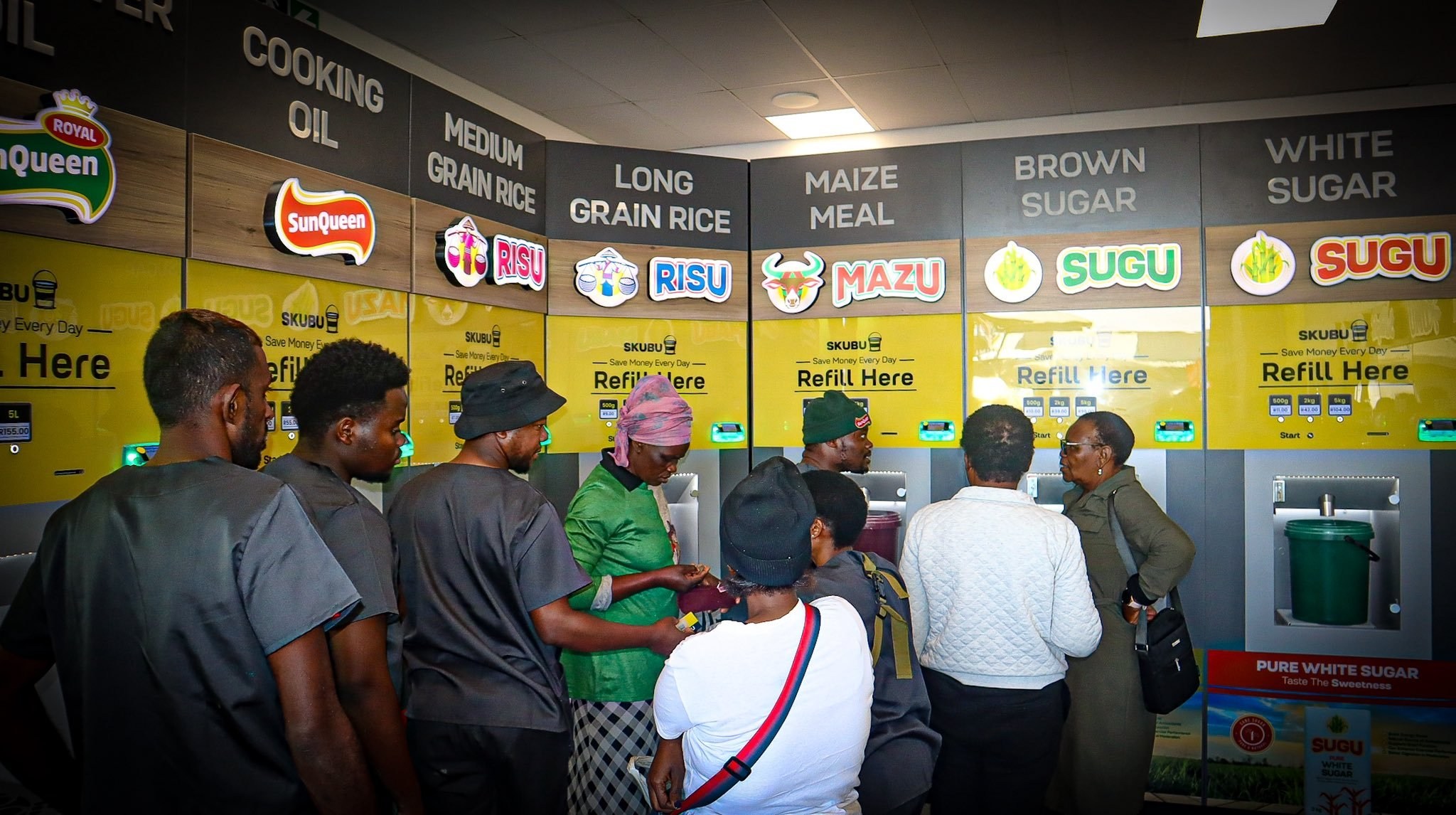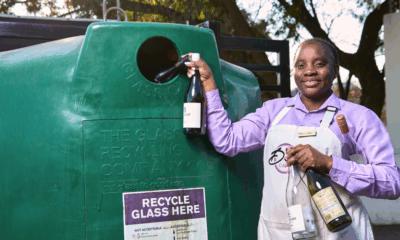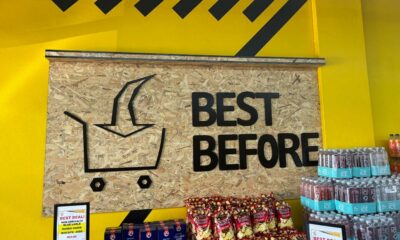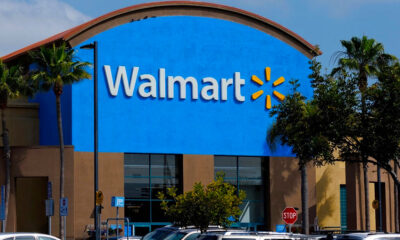Business
Skubu in Diepsloot: The Grocery Store Offering Big Savings in Small Quantities

Skubu Shakes Up Grocery Shopping in Diepsloot With Radical New Model
In a quiet corner of Diepsloot, Johannesburg, something revolutionary is happening and it’s not coming from a big-name supermarket. It’s coming from Skubu, a pilot grocery store that might just be the most affordable place to shop for essentials in South Africa right now.
Locals are calling it a game-changer. And with good reason.
How much? R9 for a Kilo of Maize Meal. R10 for Half a Kilo of Sugar.
At a time when the average household food basket in South Africa has surged to over R5,400, Skubu is offering staple foods for a fraction of what most retailers charge. A kilogram of maize meal goes for just R9, and 500g of sugar rings in at R10. That’s significantly lower than prices at national chains like Shoprite, Pick n Pay and Checkers.
But it’s not just about the prices, it’s the way you shop.
Buy What You Can Afford, Not What the Label Dictates
Skubu is a refill store, which means customers bring their own containers and buy as much or as little, as they want. There are no branded boxes or shrink-wrapped bundles. Just bulk dispensers of cooking oil, rice, sugar, detergent, and maize meal, priced by the litre or kilogram. No pressure to buy in bulk. No penalty for buying small.
This is a lifeline for many in low-income areas, where the “specials” at big retailers often only apply to large quantities that most families can’t afford upfront.
“With R50, I can go to bed with a full stomach,” said one customer, smiling after a trip to the store. That sentiment is being echoed across the neighbourhood.
Built for Savings, Backed by Science
Skubu isn’t just a pop-up idea, it’s a carefully crafted innovation backed by the CSIR, the Department of Science, Technology and Innovation, and tech start-up Sonke (Pty) Ltd.
Sonke’s smart refill stations use internet-connected systems to monitor stock and sales in real time, cutting out middlemen and unnecessary packaging. These operational efficiencies are what allow Skubu to offer prices up to 50% lower than traditional retailers.
This approach also supports a circular economy, an eco-friendly model that reduces waste while keeping products in use for longer. While affordability is the drawcard for customers, Skubu is quietly pushing sustainability into the mainstream.
Why Diepsloot? Why now?
The pilot store was strategically placed in Diepsloot, a community that, like many across South Africa, is feeling the full weight of rising food prices. According to PMBEJD data, food costs have jumped 3.6% year-on-year, outpacing inflation.
Skubu’s refill concept aims to test how South Africa can innovate out of this crisis. Professor Linda Godfrey of the CSIR calls it a “real-world test of circular economy principles” and a case study in what happens when government, research and business collaborate.
Will it Last? That Depends on What Happens Next
Right now, Skubu is just one store, but the demand is real, and the potential is massive. If the pilot proves successful, it could inspire similar refill stores across South Africa’s townships and informal settlements.
Dr Mmboneni Muofhe of the Department of Science, Technology and Innovation believes initiatives like this one are key to both economic inclusion and environmental protection. It’s a new way of thinking about food access — one that could disrupt the entire retail space.
Social Media Buzz: “This is the Future”
Online, the reaction has been enthusiastic. Social media users are calling for Skubu to expand into other parts of Gauteng, with comments like “We need this in Soweto” and “This is the future of grocery shopping.”
In a country where packaging often costs more than the food inside, and where buying in bulk isn’t an option for everyone, Skubu is proving that small quantities can still offer big dignity.
And for now, in Diepsloot, that’s more than enough.
Source: Business Tech
Want more stories about local innovation and budget-friendly living in Johannesburg? Follow Joburg ETC on Facebook, Twitter , TikTok and Instagram
For more News in Johannesburg, visit joburgetc.com



























